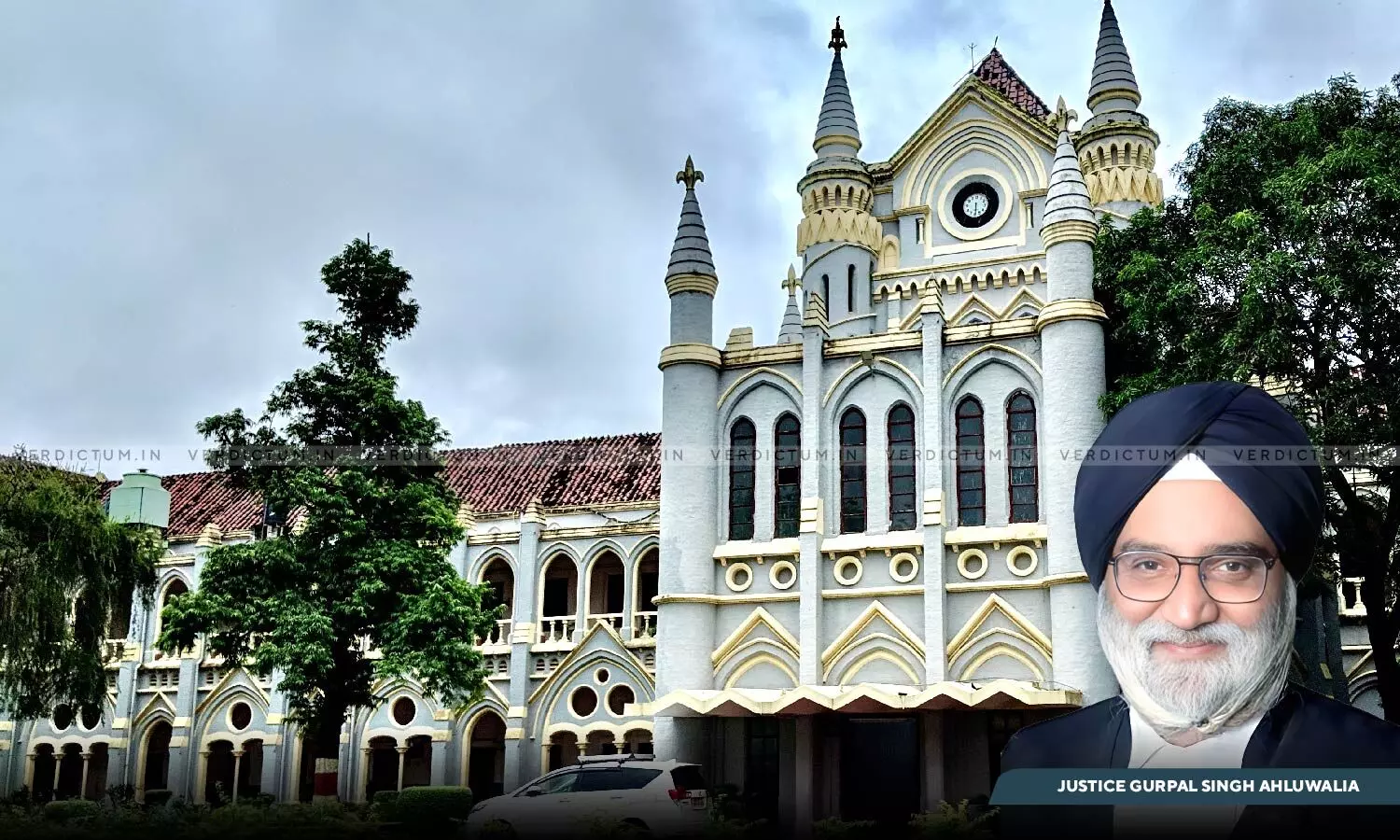
Delay In Delivering Order May Give “Other Impression” In The Minds Of Litigants: Madhya Pradesh HC Holds That Guidelines In 'Anil Rai V. State Of Bihar' Will Apply To Revenue Courts Also
 |
|The Madhya Pradesh High Court observed that early disposal of cases of the Revenue Courts is essential as delay in the delivery of order may also give “some other impression” in the minds of the litigants. The Courrt held that the guidelines laid down by the Supreme Court in the matter of Anil Rai Vs. State of Bihar AIR (2001) SC 3173 regarding delay in pronuncement of judgments will apply to revenue court also.
The Court directed the Board of Revenue to immediately take up the matter upon application for an urgent hearing by the petitioner. The petitioner had filed a petition under Article 226 of the Constitution seeking directions from the Court to order the Board of Revenue to decide a petition pending before them since 2021.
A Single Bench of Justice G.S. Ahluwalia observed, “Early disposal of the case is essential and delivery of order, at the earliest after the case is heard is the requirement of law because delay in delivery of order may not only result in faiding of memory of Presiding Judge, but may also give some other impression in the minds of the litigants.”
Advocate Devdatt Bhave appeared for the petitioner, while Dy.AG Swati Aseem George represented the respondents.
The petitioner argued that her appeal had been pending before the Board of Revenue, and had seen no progress since arguments were reserved in 2022. The petitioner referred to the Supreme Court's decision in High Court Bar Association, Allahabad v. State of UP, arguing that the lack of action constituted an "exceptional circumstance" warranting issuance of direction for early disposal.
The High Court, while not directly applying the aforementioned Supreme Court ruling, referenced another case, Anil Rai vs. State of Bihar (2001), which established guidelines for timely pronouncement of judgments.
The Court observed that these guidelines, though primarily intended for High Courts and District Courts, can also be applicable to Revenue Courts as well.
“Although the aforesaid guidelines, which have been made by the Supreme Court, are meant for the High Courts as well as District Courts, but the same guideline can be applied to the Revenue Courts because early disposal of the case is essential and delivery of order, at the earliest after the case is heard is the requirement of law because delay in delivery of order may not only result in faiding of memory of Presiding Judge, but may also give some other impression in the minds of the litigants,” the Bench remarked.
Consequently, the Court made the following observations:
- On filing an application for urgent hearing, the Board of Revenue shall immediately take up the matter.
- If the Presiding Officer, who had heard the arguments on the question of admission, is still posted in the Board of Revenue, then the case shall be transferred to any other Member of the Board of Revenue.
- Arguments on the question of admission shall be heard afresh and the order on the question of admission shall be passed within a period of 15 days from thereafter.
- The entire exercise was to be completed within a period of one month from the date of filing of an application for an urgent hearing.
Accordingly, the High Court disposed of the petition.
Cause Title: Smt. Kanwaljeet Kaur v. State Of M.P. & Anr